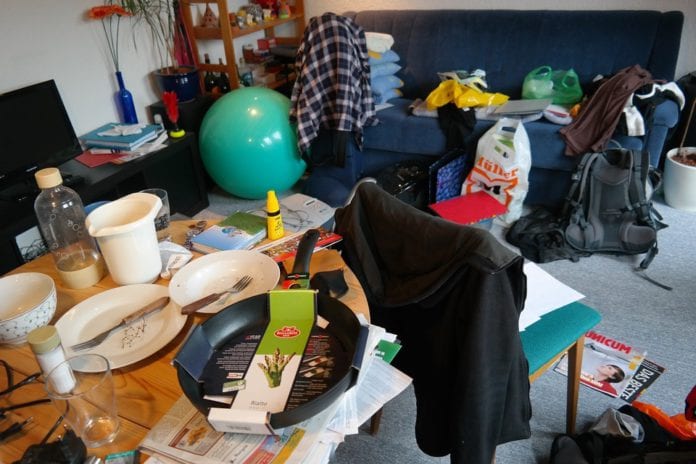Are you a hoarder?
The School of Psychology at NUI Galway is seeking over 1,000 hoarders across Ireland to take part in an online study.
The largest study of its kind ever conducted in Ireland seeks to understand whether the experience of losing a loved one might make people more likely to keep useless belongings and have difficultly throwing things away.
The researchers are looking for people with all levels of hoarding to participate, ranging from people who may just have cluttered, disorganised homes to those who may have a serious difficulty, as well as people who do not hoard.
People who hoard often have very cluttered homes as they keep things that may seem useless to other people, buy things they don’t need, and feel they can’t throw anything away.
Previous research has shown that hoarders often feel a very strong emotional attachment to their belongings, and they might feel the need to save things should they need them in the future.
The researchers believe that this might be the key to understanding and helping people with this difficulty.
The study is being carried out by Dr Elizabeth Kehoe, a doctoral student on the clinical psychology training programme at the School of Psychology in NUI Galway and Dr Jonathan Egan, Deputy Director of the clinical programme.
Speaking about the study, Dr Kehoe said: “We are interested in the emotional reasons why people hoard, and with this study we will investigate the link between bereavement and other difficult life events, and hoarding.
“For example, belongings might bring a sense of comfort or safety following a loss.”
Dr Jonathan Egan Director from the School of Psychology added: “The team are really interested in a holistic view of why we collect things and why it can increase at times following a bereavement or personal upset.
“We want to hear from a large range of people, from those who would rate themselves as ‘life-long-Magpies’ to those who have noticed that it is becoming difficult to part with newspapers and other non-essential house-hold items, or even that their house is becoming very crammed and it affects the ability to share their home with guests.”













